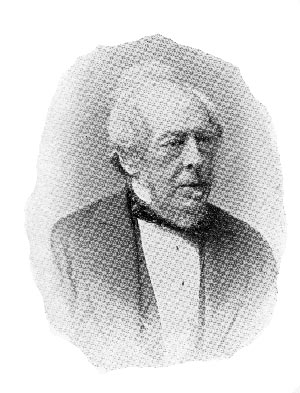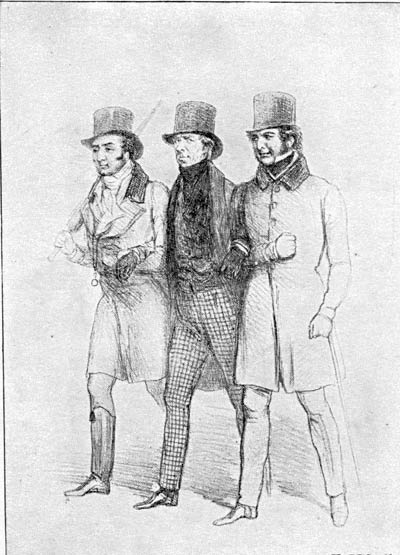One other debate in the Commons
during this session must be referred to, if it be
only to mark the wide interval which separates the
Liberal Party of the present day from the Whig
leaders at the beginning of the reign. On February 15
Mr. Grote brought forward his annual motion in favour of the Ballot in Parliamentary elections.
Hitherto little interest had been attached to the
project, owing to the disfavour with which it was
regarded by all but extreme Radicals. On this
occasion, however, several Ministers and many
supporters of the Government were known to have
pledged themselves at the polls to the principle of
secret voting. Lord John Russell had declared that
to carry such a measure would be tantamount to a
repeal of the Reform Act of 1832 ; that for the
Government to promote it would be a breach of faith
to those who had supported the extension of the
franchise, and he refused to be any party to " what
neither his sense of prudence nor of honour would
justify."
Sir Robert Peel supported the Government
in resisting the motion, and it was rejected by a
majority of 117 in a House of 513 Members. This was
hailed as a moral victory by the supporters of the
Ballot. Brougham was jubilant, and told the Lords
they must make up their minds to this fresh reform.
A few days later he declared in Greville's room that
it would become law in five years from that time,
and many people regarded it as paving the way to
Republican government. On the other hand Greville
quotes Charles Villiers, " one of the Radicals with
whom I sometimes converse," as declaring that it
would prove a Conservative measure, and that better
men would be chosen. In effect, it took, not five
years, but thirty-four, to reconcile Englishmen to
the practice of secret voting ; and Mr. Villiers has
lived to see that the protection thereby afforded to
the voter has certainly not operated to the
exclusion of Conservatives from office. But it would
be unphilosophic to argue that what was conceded in
1872 to an experienced and educated electorate,
without evil consequences, might have been bestowed
with equal safety in 1838, only five years after the
great measure of enfranchisement.

THE RIGHT HON. CHARLES PELHAM
VILLIERS.
Born
1802. Is a grandson of the First Earl of
Clarendon, and has represented Wolverhampton in
Parliament continuously from 1835 to the present
day. He took part, with Cobden and Bright, in the
Free Trade movement, and in the passing of the
Ballot Act. He and Mr. Gladstone are the only
survivors of those who sat in QueenVictoria's first
Parliament.

THE THREE SINGLES.
Lord Brougham in 1837 had opposed the Government
measures relating to Canada. For some time he stood
alone, and it was not until the Bill for Abolishing
the Canadian Legislature had made considerable progress
that he found himself supported by the
Earl of Mansfield and Lord Ellenborough. But though
acting together on this occasion, each had his own
separate motive and argument, and perhaps there were
not three members of the House of Peers who better
deserved to be acting singly and without party
connection. Lord Brougham is here represented with
the Earl of Mansfield on his right arm and Lord
Ellenborough on his left.